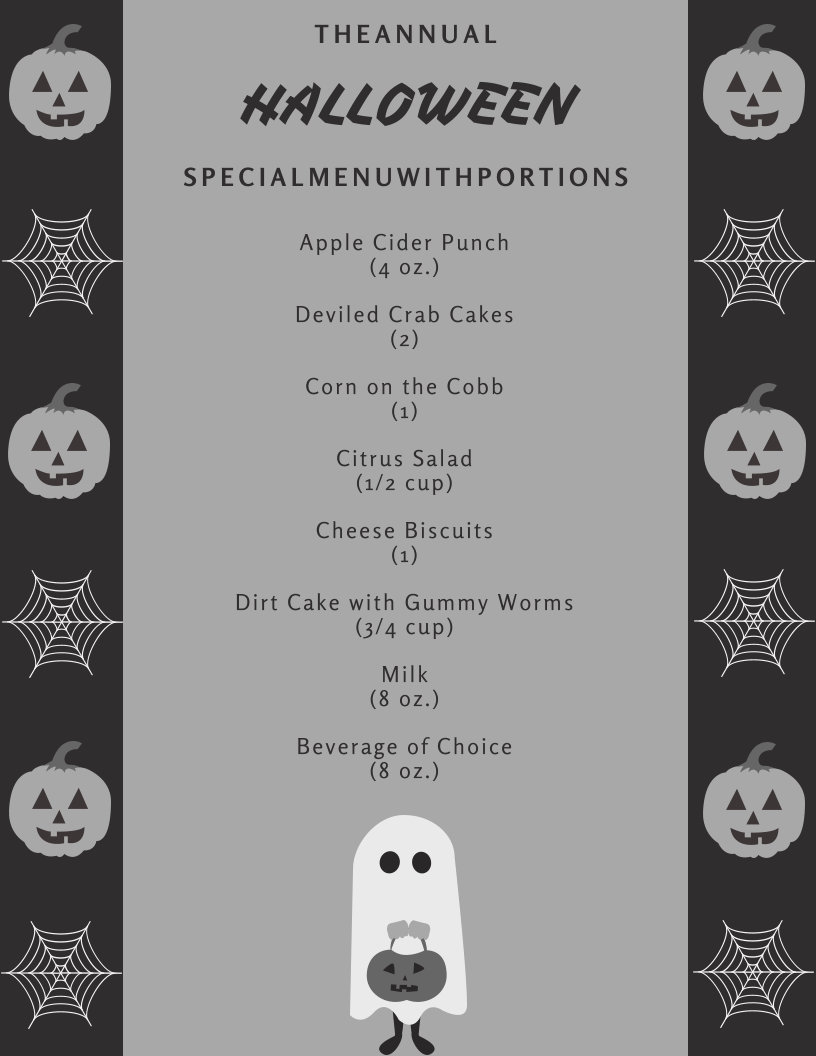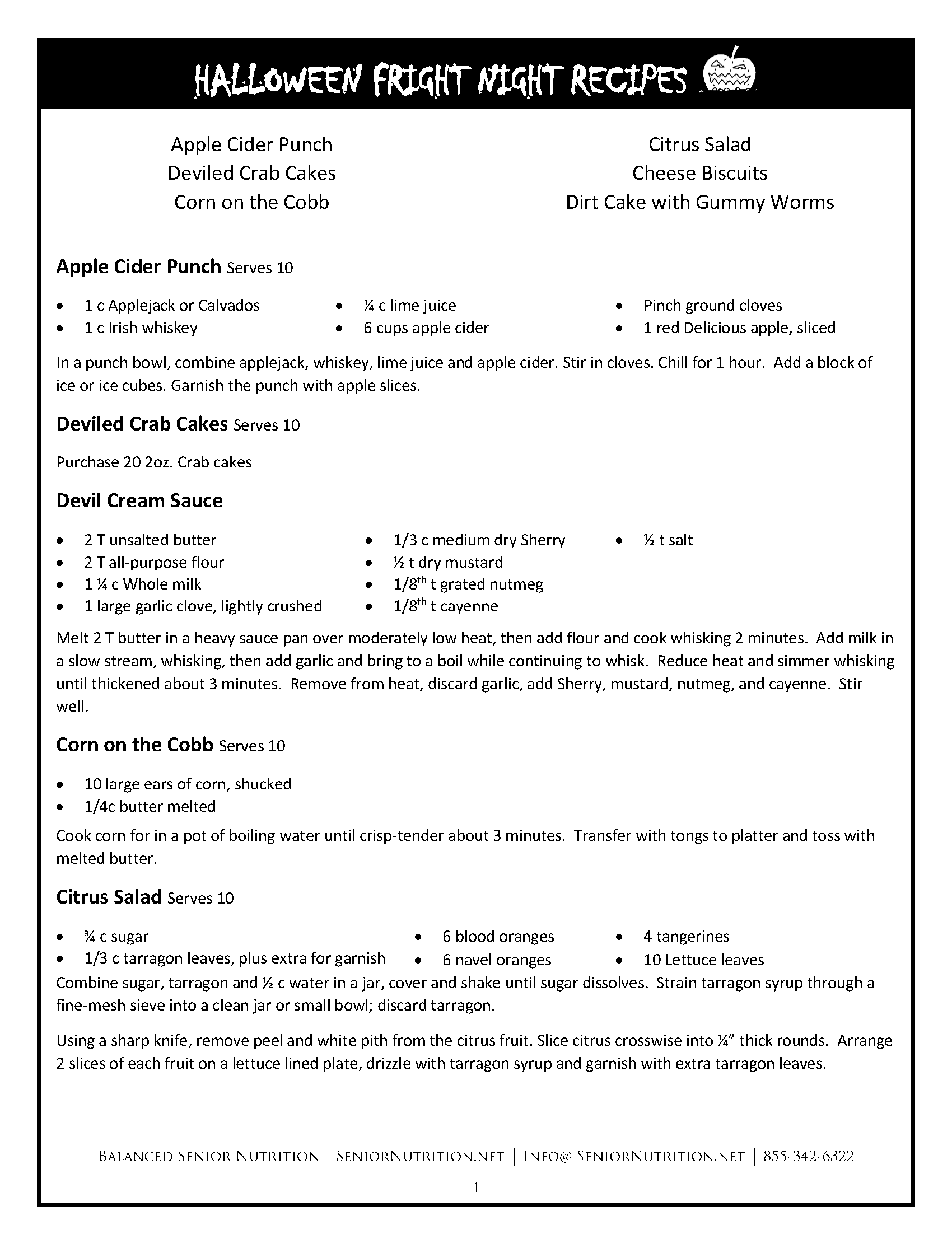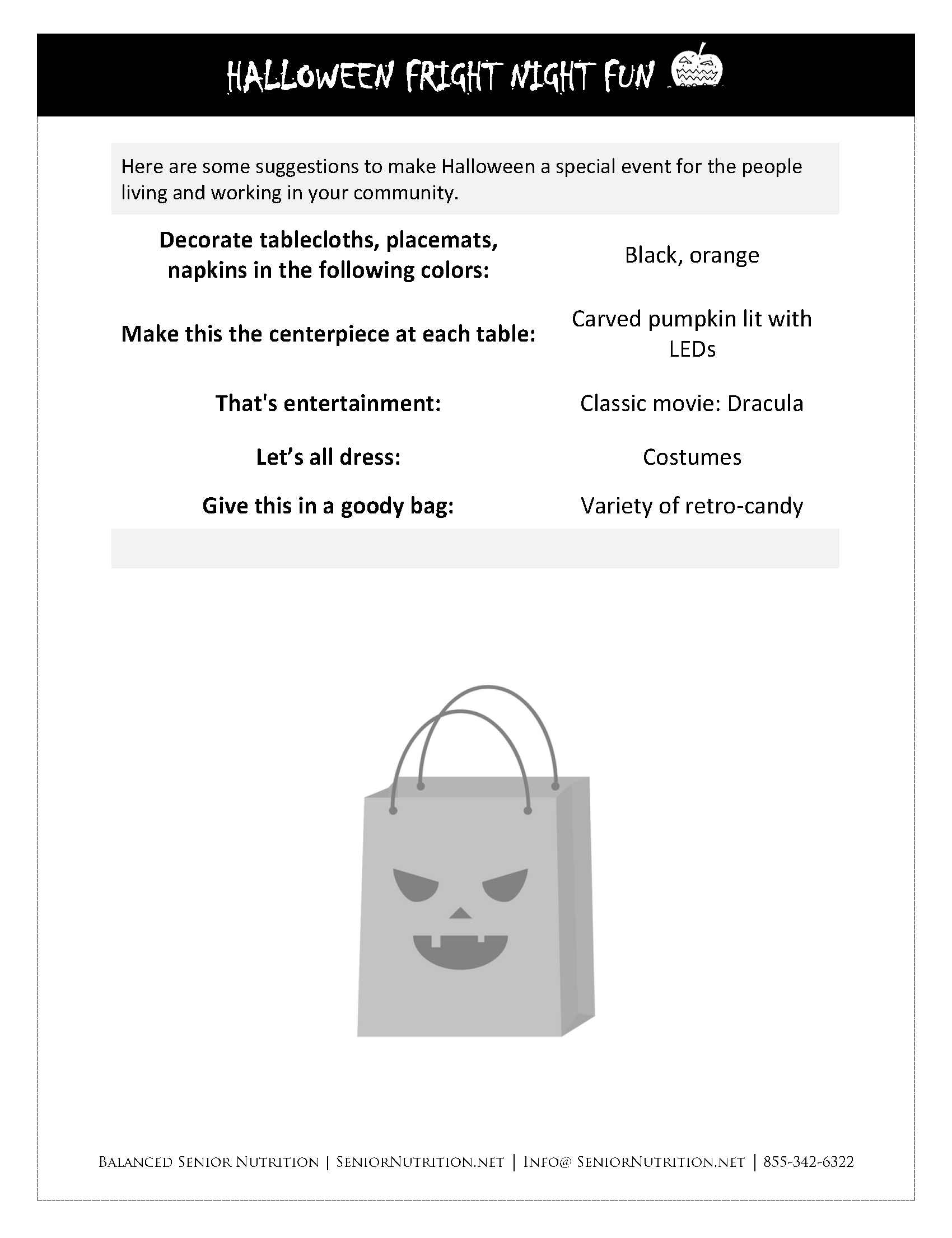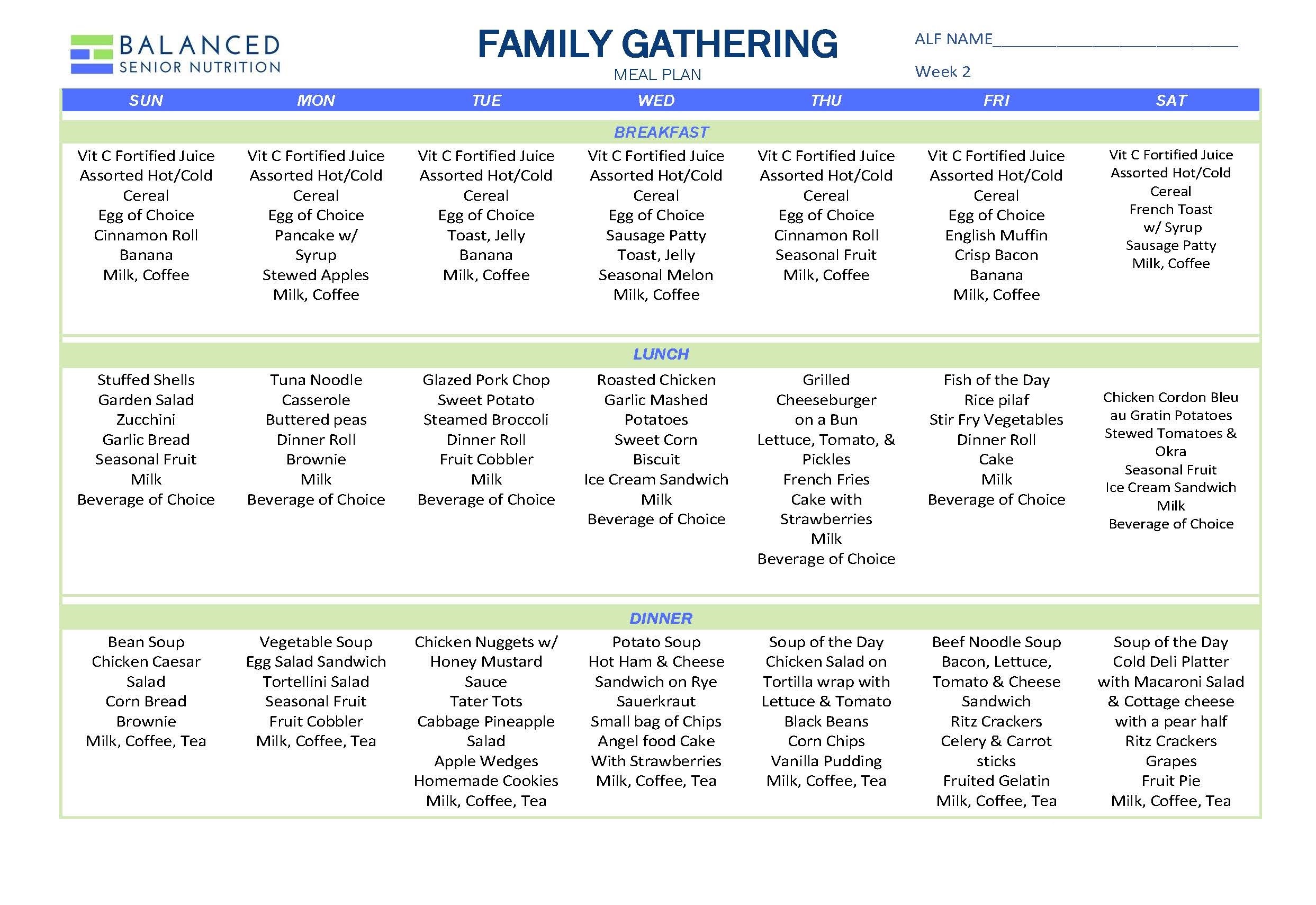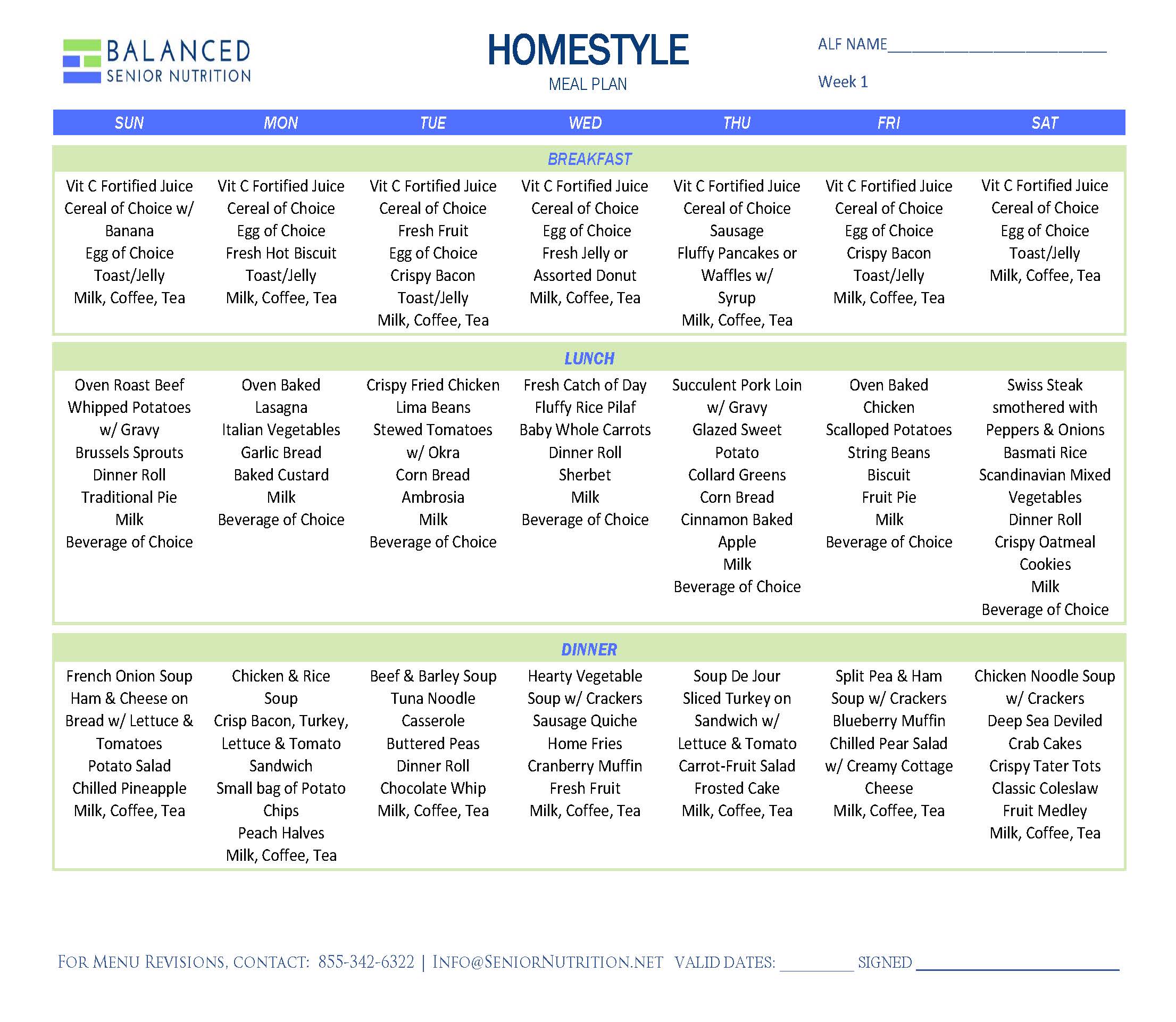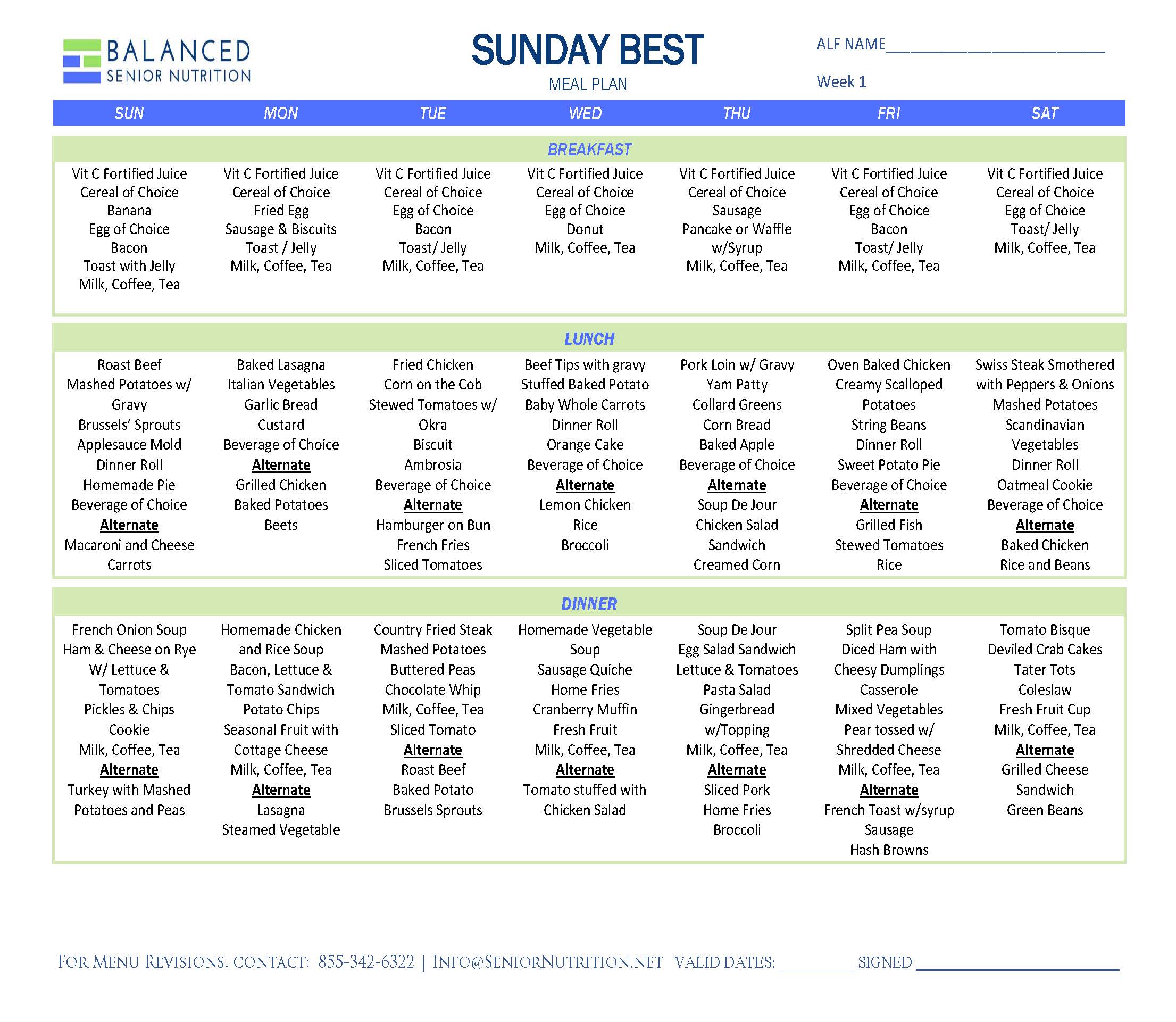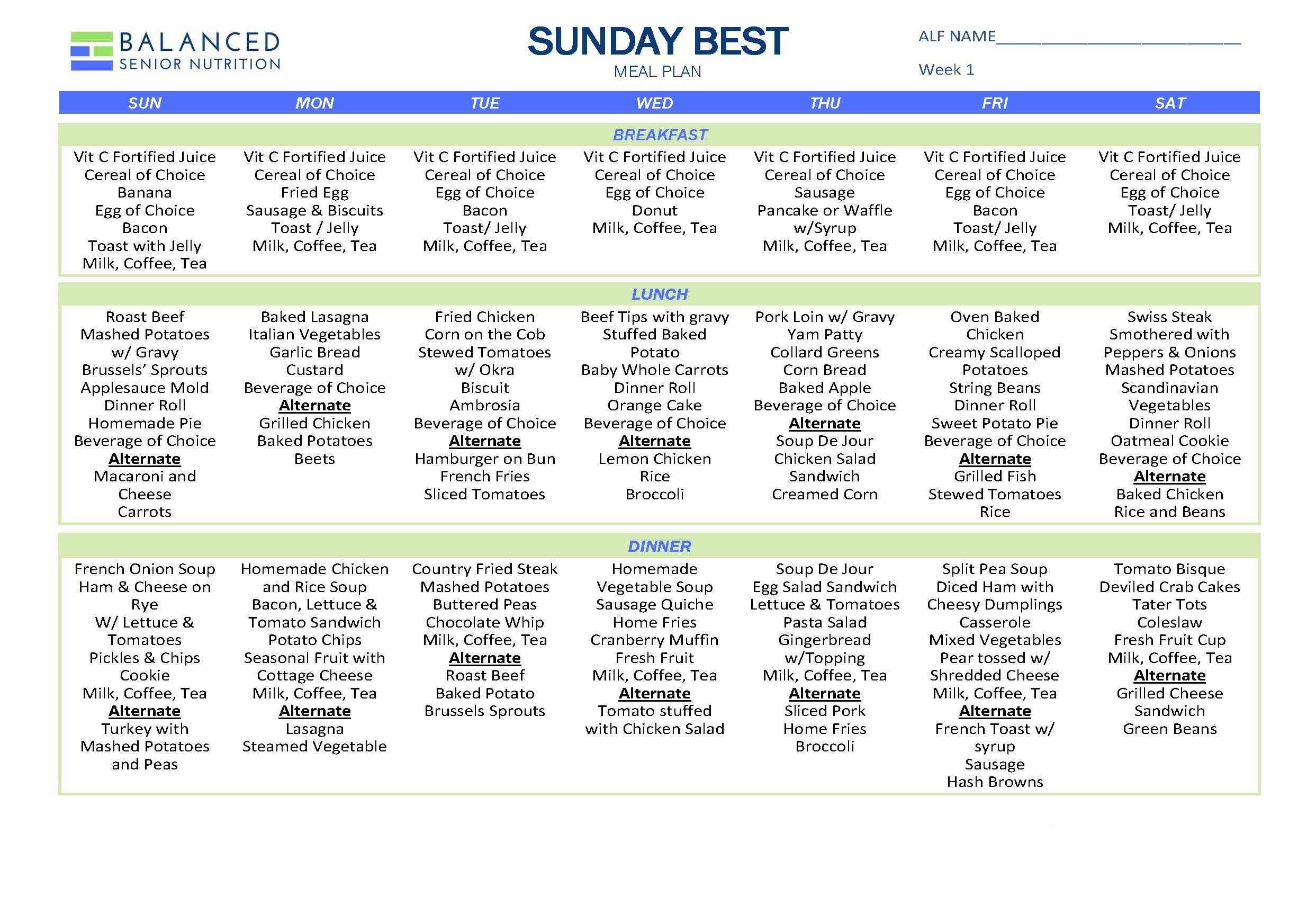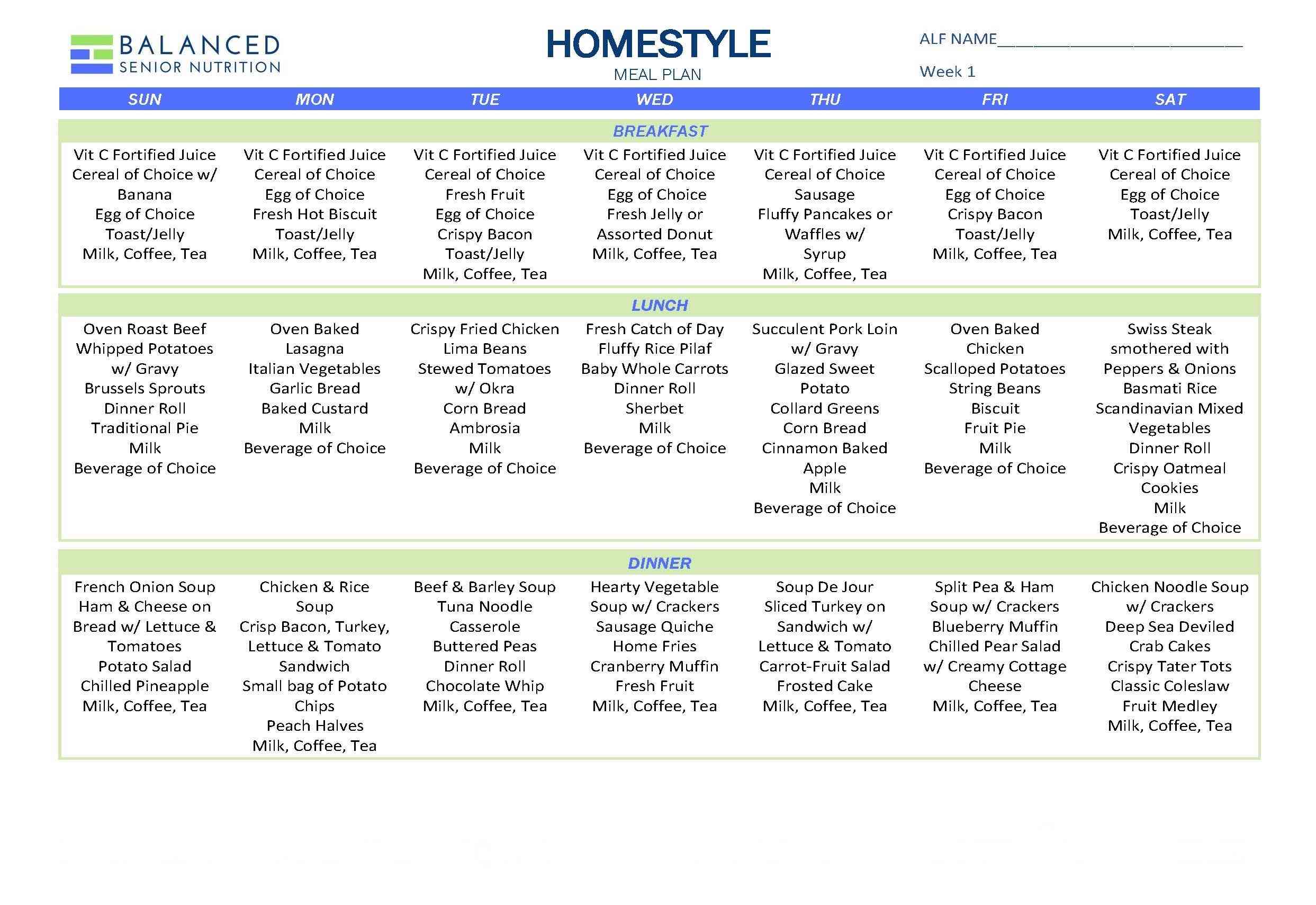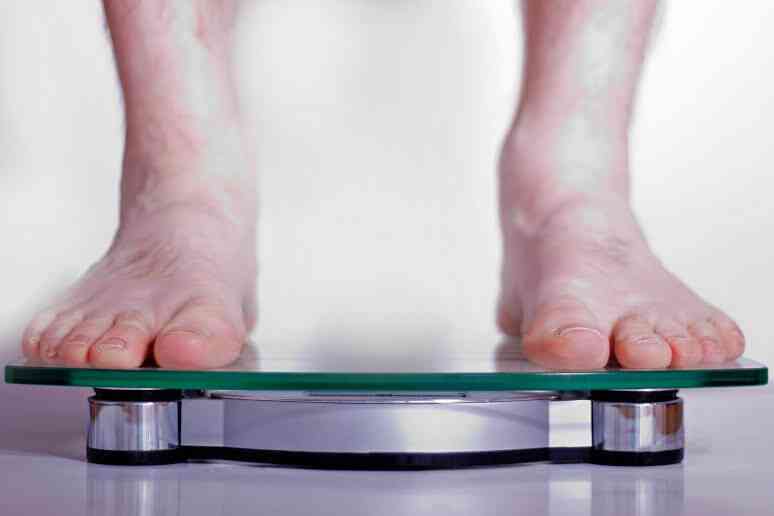
For most of us working in long term care, especially dietitians and registered dietetic technicians, many of our activities revolve around minimizing the risk for the people in our care of losing or gaining too much weight. Changes in weight can be an early indicator of changes in a person’s health or nutritional status. Close monitoring of weights is important to ensure that residents receive sufficient nutrition and maintain an acceptable body weight unless another medical condition exists where nutrition issues are unavoidable. In fact, under federal regulations, nursing homes must maintain acceptable parameters of nutritional status. However, some myths still persist about weight gain and loss involving the older people in our care. Let’s take a look at four of the most prevalent.
Myth 1: Obese people cannot be malnourished.
Let’s face it, when you see a person who is obese, the first thing that pops into your head is not “Hmm, this person looks malnourished.” However, obese people can be in poor nutritional status as a result of not eating the right foods or from increased needs related to their medical condition. Elders at greatest risk are those who are simultaneously sarcopenic and obese. Skeletal muscle atrophy, or “sarcopenia,” is highly prevalent in the elderly population. The incidence of sarcopenia increases with age and is strongly associated with disability.
SOLUTION: We need to make sure that elders eat a nutrient-rich diet as much as possible to provide them with the nutrition they need at a caloric intake suited to their needs. It may be helpful to identify “empty-calorie” foods (foods that are nutritionally poor choices with more calories than nutrients) and instead offer “nutrient-dense” foods than help maintain a healthy weight in addition to supplying nutrients for optimal health.
If weight loss is desired because their obesity has become a quality of life issue, careful monitoring is necessary. It is understandable how the extra weight may affect mobility, joint pain and other facets of life. However, for older adults weight loss may result in the loss of lean muscle mass, accelerating sarcopenia and associated negative consequences. If weight loss is desired, it should be gradual, planned and closely supervised with a personalize diet plan, and with consideration given to incorporating some resistance exercise if possible, to minimize muscle loss.
Myth 2: Overweight/obese people should not get enriched meals, nutritional supplements or appetite stimulants because it can only increase their weight.
This one is connected to the first myth in that people who are overweight may be missing the nutrients they need, which may be supplied by enriched meals and nutritional supplements.
SOLUTION: If someone is not able to get the nutrition they need from the meals they eat, always look to serve real enriched food first instead of commercial supplements. Enriched foods and supplements can supply the nutrients needed. Ask yourself which would you rather have? A homemade fruit smoothie enriched with fiber or a can of a bland tasting commercial supplement.
Myth 3: If a person has been “skinny” for their entire life, we have an obligation to bring them up to an Ideal Body Weight.
No way. The significance of weight gain or loss is related to a person’s usual body weight (UBW), which refers to the resident’s usual weight through adult life or a stable weight over time. Take an 85-year-old woman who is 5’3” and weighs 100 pounds, a weight she has consistently maintained for years. This is her usual body weight. However, her “ideal” weight for her height on the chart is 115 lbs., a difference of 15 pounds. The fact that she weighs less than the “ideal body weight” for her height is not in itself a risk factor. What matters is if she loses more than 10% of her usual body weight of 100 pounds over a 6-month period.
SOLUTION: Don’t push extra calories on someone whose weight is consistent in an attempt to get them to reach an “ideal” weight requirement. As care partners, we need to be aware that maintaining a person’s usual body weight is the key to better health, NOT trying to get them to reach the “ideal body weight” listed on a chart.
If a person wants to gain weight, it is still best to avoid high calorie high fat foods. Fast food and snacks like potato chips do not provide the nutrition needed. Meals should include lean protein foods, low fat or nonfat dairy choices, whole grains and fruits and vegetables. Eating five or six meals throughout the day may provide additional opportunities for intake. Snacks should be nutrient dense, such as cheese and crackers, or nut butter spread on fruit. Remember that beverages like smoothies and shakes can be delicious and nutritious.
Myth 4: People with diabetes should not be given enriched meals.
Evidence-based research from the Academy of Nutrition and Dietetics in the New Dining Standards from the Pioneer Network found no evidence that sugar-free, low concentrated sugar (LCS), carbohydrate ‘controlled’ (CCHO) or ‘no added sugar’ (NCS) diets were beneficial to diabetic elders in their 80’s or older. In fact, the evidence points to such diets as being detrimental to their nutritional status because they may be bland and unappetizing. This restricted diet may lead to weight loss and its associated complications.
SOLUTION: Diets and medication should be individualized to meet each person’s habits and needs. If needed to meet nutrition requirements, enriching meals for older people with diabetes is not only a good idea supported by the latest medical evidence, but it makes for happier residents.
We’ve put together a chart that shows you alternative foods and beverages you can use to replace commercial supplements.

